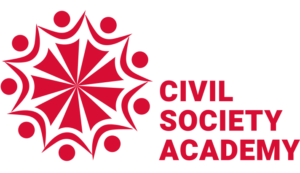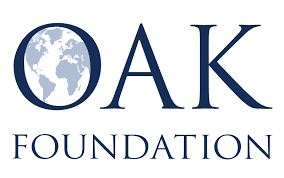Empowering Civil Society for
Social Change in Jharkhand
Jharkhand, often referred to as the ‘Land of Forests’ in the eastern part of India, is home to over 32 Adivasi tribes and holds a vibrant tapestry of indigenous culture, traditional knowledge and practices, and abundant natural resources. Yet, amidst its unique heritage, the state has grappled with challenges like land alienation, deepening poverty, political instability, exploitative industries, gender-based violence, forced displacement, and overall human rights deprivation, since its conception in 2000.
In such context, the Jharkhand civil society has been a fundamental pillar in stepping up and supporting the state in meeting the needs of marginalized groups, particularly the heterogeneous Adivasi communities in the region, who are a thriving example of people living in symbiotic relationships with nature. However, a shrinking civic space, continuous violation of human rights, and lack of a consistent ruling government have not been making the task an easy one.
Between 2018 & 2023, the Empowering Civil Society for Social Change in Jharkhand initiative aimed at enabling and strengthening over 30 diverse grassroots civil society organizations (CSOs) working on complex and multi-dimensional issues of systematic oppression in the region in order to uphold broader social change.
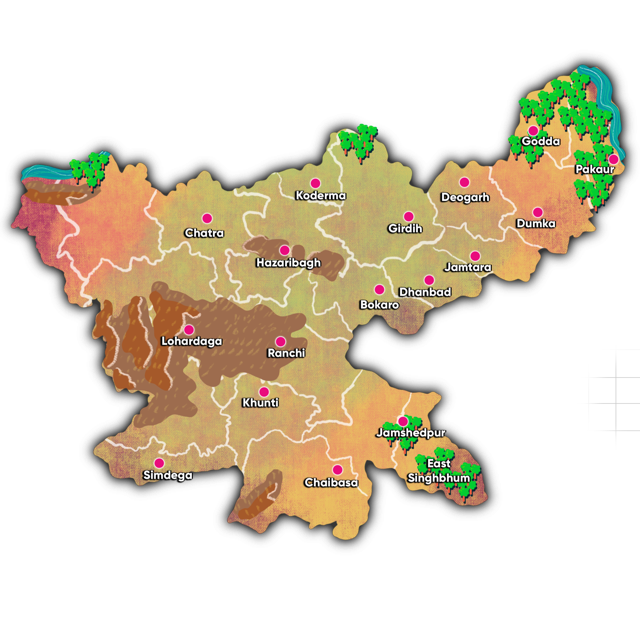
Supported by the Oak Foundation, Gender at Work and Civil Society Academy teamed up to enhance leadership capacity within social change movements, foster collaboration through a feminist and human rights–centered approach, and create a strong network of CSOs that can collectively address the multifaceted challenges in Jharkhand. Learn more about this 4.5 year journey on the video below.
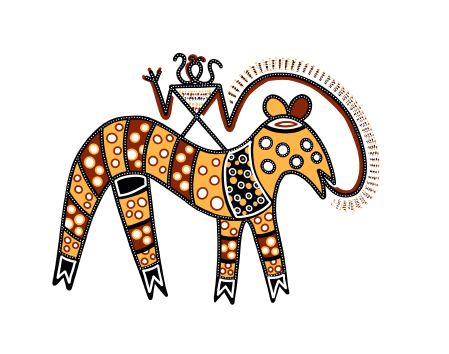
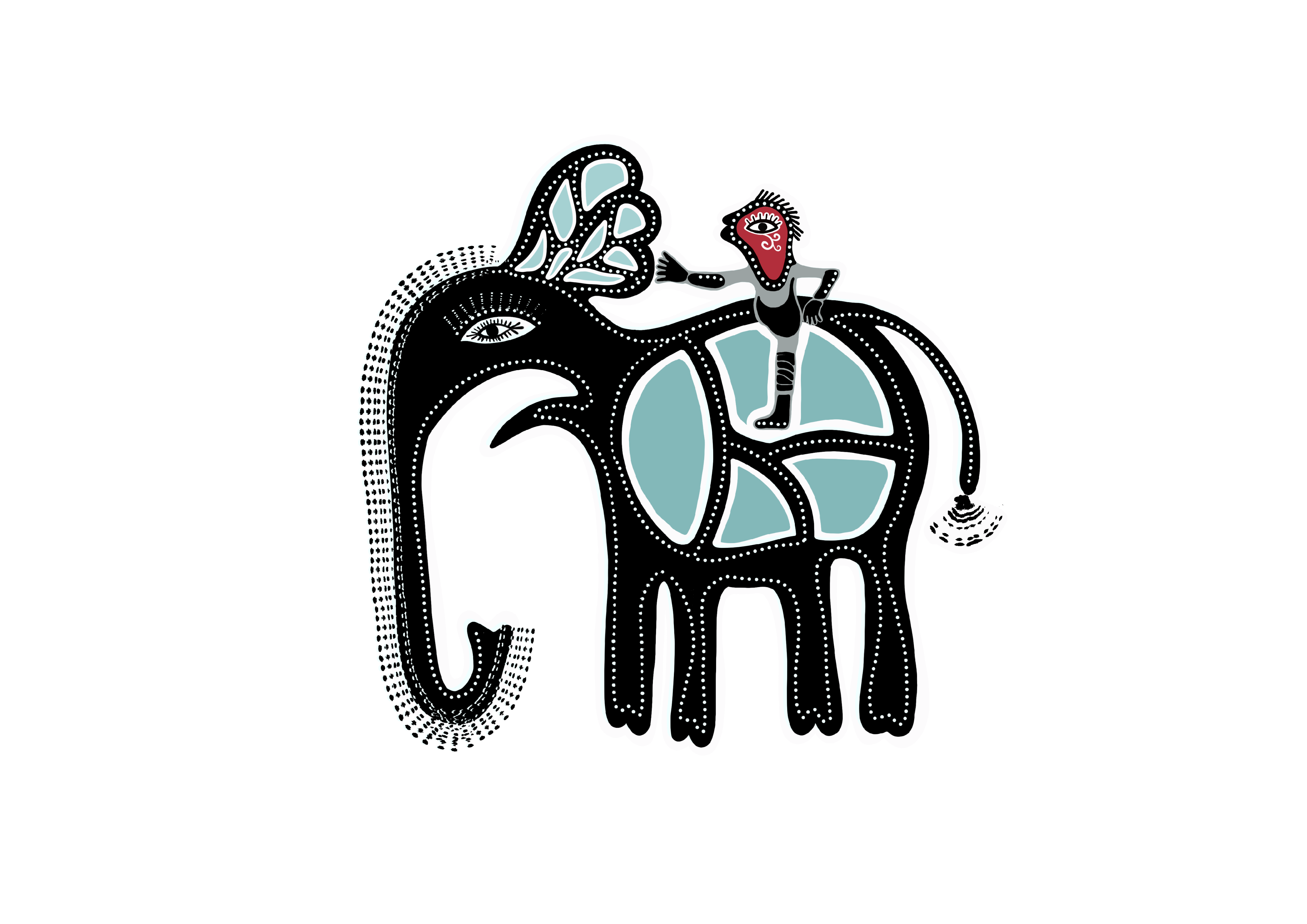
TACKLING DEEP STRUCTURES AND CREATING SYSTEMIC CHANGE IN JHARKHAND
Gender at Work believes that to change systems of power that hold inequality in place, relationships between people, institutions, and organizations have to shift. It’s imperative to tackle deeply rooted normative issues at the individual, organizational and systemic levels, to advance social justice and equality.
For the Empowering Civil Society for Social Change in Jharkhand initiative, Gender at Work has worked closely with JATN, Samvad, and Ibtida, and our partner Civil Society Academy worked with Ekjut and Maitri. Side by side with these civil society and community-based organizations, our strategies focused on four pillars:

Building community through knowledge co-creation; bridging theory and practice for the collective to become a vibrant hub for strategic learning and evaluation on how to change the deep structures that hold power inequality in place in organizations, networks, and movements.

Unleashing individual capacities of change agents, collective capacities of organizations and networks, and systems capacities. Bringing together and fostering collaboration between skilled and committed individuals and organizations, to recognize and change the structures that perpetuate power inequalities.

Using innovative approaches such as digital storytelling, theatre, video, and other forms of creative expression to address deep patriarchal structures, transforming discourses and organizational practices and catalyzing the power of changemakers for social justice.

Enhancing internal partnerships by facilitating and accompanying the efforts of organizations, movements and networks to support ‘transformative collaboration’- a process that generates change through collaboration (across sectoral silos, issues, and regions) in ways that individual efforts cannot.
To activate these strategies, in the framework of the Empowering Civil Society for Social Change in Jharkhand initiative, Gender at Work worked closely with Jharkhand Anti-Trafficking Network (JATN, a network of about 13 organizations), Samvad, and Ibtida (a network of 17 women-led grassroots organizations working on women’s rights and gender equality), and our partner Civil Society Academy worked with Ekjut and Maitri. Learn more about our partners here!
In addition, joint workshops included all partner organizations and were held on a platform hosted by Gender at Work and Civil Society Academy together. Watch the video on the right side for a sneak peak!
In the long term, we envision strong and collectivized CSOs in Jharkhand that are able to come along and demand accountability from duty-bearers. The Empowering Civil Society for Social Change in Jharkhand initiative was
designed to contribute towards building a learning community that goes beyond the current members and connects CSOs, disseminates experiences; facilitates feedback; seeds new ideas; replicates good practices; and catalyzes collaborations.
WHAT HAVE WE LEARNED?
Using an emergent learning framework to navigate the complexity of diverse organizations, the Empowering Civil Society for Social Change in Jharkhand initiative comprised two phases: the first one focused on building relationships, promoting leadership, and fostering alliances; the second one continued these efforts, aiming to impact individuals, organizations, and networks. Discover the program outcomes, achievements and collective lessons from these 4.5 years by browsing the resources below:

KNOWLEDGE RESOURCES
Network building – transformation from self to systems – leadership building – organizational change – stories as a powerful tool – addressing power – collective learning and unlearning processes – art as a means to capture complexity – feminist values – gender action learning – participatory and emergent methodologies – diversity and inclusion – experiential approaches. Find out more about the multidimensions of the Empowering Civil Society For Social Change In Jharkhand program by reading, watching, being moved, and experiencing the different knowledge resources, reflections, art pieces, and testimonial videos, developed throughout the 5-year program.
The Gender at Work team that worked on this project was made up of Programme Officer Bedotroyee Bhattacharjee, Programme Manager Ritu Gupta, Senior Programme Manager Ghada Jiha; with support from Associates Kalyani Menon-Sen and Carol Miller; and participation of long-term consultants Haritha Sarma, Nitika Pant, and Yogesh Vaishnav.





